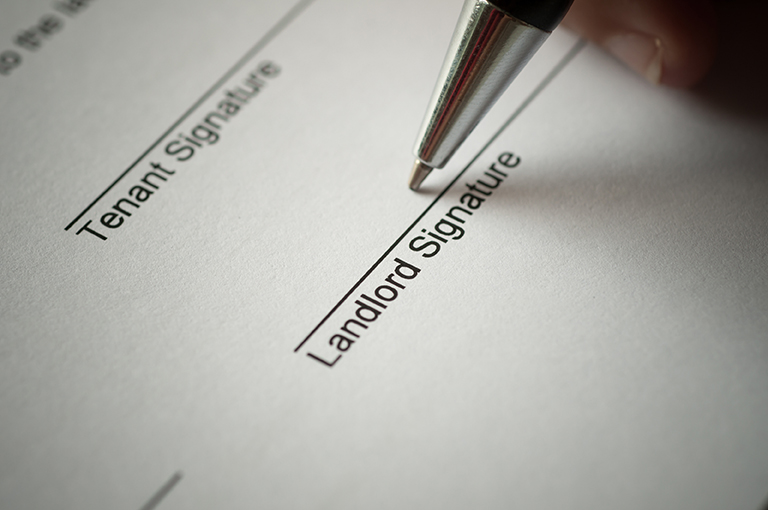Government policy has been perceived as anti-landlord in recent years. An increased tax burden, stricter regulations and tenant-leaning legislation has hit the sector hard.
Yet, an estimated 11 million people still rent their homes from private landlords. That is a considerably higher number than those living in social housing.
Plan Insurance can accommodate your Property Owners & Landlord Insurance needs. Just fill in our short call back form, and our professional brokers will be in contact to arrange your insurance.
The seemingly confrontational attitude of the powers that be has driven many investors out of the sector or made many seek alternative solutions to long-term lets, such as Air BnB style arrangements.
Landlords have long been getting (in many instances unfairly) a bad press. With the cost of living crisis hitting the country hard, perhaps this is a good opportunity to reset the tone of the conversation. In the midst of this storm, our landlords insurance clients can help generate some positive PR for the sector.
We’ve had a think and outlined a few ways in which landlords could potentially help their tenants through the current hard times:
Maintaining Good Relations With Tenants
Let your tenant know that you’re approachable. Increasing your tenant’s stress levels isn’t going to help them find a way of covering their stretched bills. It’s understandable if you’re concerned about becoming an agony aunt or uncle. But letting your tenant know that you’re open to making alternative arrangements in the short term could go a long way. Things are clearly tough at the moment for many people but they might have a plausible route out of the mire? If they have a track record of paying their rent on time and of respecting your property, being reasonable could help you hold onto good tenants in the long term. It should also prevent them battening down the hatches and avoiding all contact with you, which will ultimately rack up a bigger debt and will make resolving the situation more difficult.
Rent Rises Might Not Make Economic Sense
You’re obviously not running a charity. You’re also no doubt encountering the cost of living crisis yourself with higher shopping and utility bills. We reported last month that rental rises are at their highest level in 13 years due to soaring demand. Yet capitalising on the heat in the market might backfire should your tenant have to leave because they can no longer afford the property. Evicting and replacing a tenant can be costly and time consuming. Inflationary pressures are extremely strong at the moment. Yet, holding fire for the time being on a rent review may avoid the property being left vacant and ultimately a more significant and immediate loss of rental income.
Only Passing on Higher Costs When They Occur
Bills for increased mortgage rates and management fees have landed on many landlord’s door mats already but not all. Can you hold off raising rates until you’re hit in the pocket yourself by higher costs that specifically relate to the property in question? You’d be amongst the 63% of surveyed landlords who haven’t increased rents in the past year. It might be optimistic to expect a bit of goodwill back from your renters in exchange for you making a few sacrifices? You never know they could help with a bit of decorating or general maintenance?
Longer Term Leases
18% of landlords reported an increase in the average length of stay in a recent survey by Rightmove. Tenants are clearly looking for longer terms. Could the benefit on knowing that they’re secured on a longer lease be worth a relative reduction in the ongoing monthly rental rate?
Covering Utilities
This may only be for the most affluent or generous landlords but the same survey revealed demand for tenancies that include bills increased 36% compared with 2021. Renters are clearly trying to shield themselves from energy rate increases. If the overall deal makes sense for you as a landlord it might be worth considering this bills inclusive option in order to secure a desirable tenant. However you might be having sleepless nights wondering whether they’ve left the immersion heater on?
Advise on Their Options
It sounds crazy but if they’ve never had to call upon the state before your tenant might not be familiar with the support that’s available. Could you help point them in the direction of any benefits that they might be entitled to, such as universal credit or housing benefits? As a landlord you may be able provide evidence for a claim.
Clearly the above suggestions aren’t going to appeal to every landlord. If you’re a property owner who has managed to successfully negotiate a sticky patch with a tenant we’d love to hear your input via our social media channels


